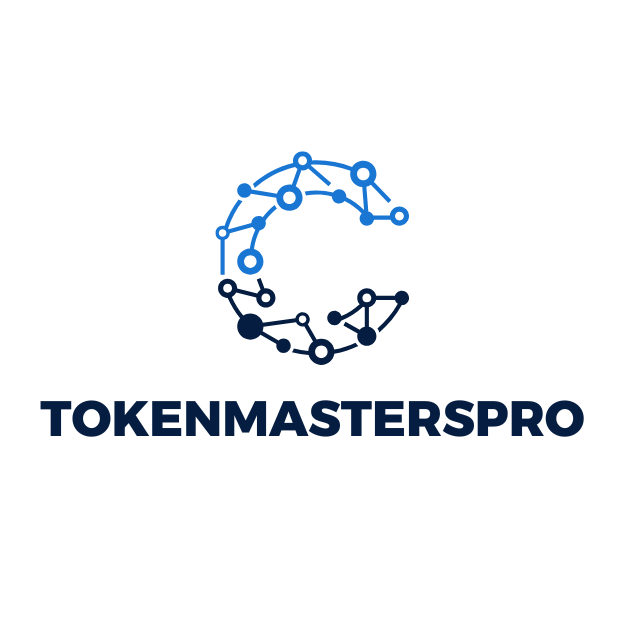Imagine diving into the tech world without committing to a 40-hour work week. Sounds dreamy, right? Welcome to the thrilling realm of part-time coding. Whether you’re a seasoned coder looking to expand your horizons or a newcomer wishing to dip your toes into programming, this option opens up a treasure chest of opportunities while allowing you to enjoy your life outside coding. Get ready to discover how part-time coding can be the golden ticket you’ve been seeking.
Table of Contents
ToggleWhy Choose Part-Time Coding?

The Benefits of Coding Part Time
Coding part time offers several enticing advantages. For starters, it provides an opportunity to earn extra income without sacrificing other pursuits. This flexibility allows individuals to pursue hobbies or side projects that ignite their passions. Plus, it’s a fantastic option for those who want to transition into tech without abruptly leaving their current job.
Flexibility and Work-Life Balance
For many, one of the most significant draws of part-time coding is the flexibility it affords. Imagine being able to decide when and where you work. This is a golden opportunity to achieve that elusive work-life balance. Individuals can find a rhythm that allows them to enjoy leisurely weekends or pursue other interests while still engaging in fulfilling work.
Skill Development and Continuous Learning
Part-time coding isn’t just a paycheck: it’s also a pathway to ongoing skill development. Many find that working on various projects honed their technical skills faster than they could have imagined. Access to diverse coding challenges helps individuals not only build their portfolio but refine their expertise in areas they may never have explored in a traditional job.
Finding Part-Time Coding Opportunities
Freelancing and Contract Work
Freelancing can be the quickest route to snagging part-time coding gigs. Platforms like Upwork and Freelancer allow coders to display their skills, bid on projects, and connect with clients around the globe. The best part? You choose your projects, allowing you to curate your work experience.
Remote vs. On-Site Opportunities
Choosing between remote and on-site work should align with personal preferences and lifestyle. Remote roles enable individuals to work from the comfort of their home (or a cozy café) while on-site jobs provide a chance to network and collaborate directly with teams. Each offers unique experiences that can help sharpen coding skills and expand professional networks.
Networking and Job Boards for Coders
Building a Strong Portfolio
A strong portfolio can set a part-time coder apart from the crowd. Creating and showcasing a variety of projects effectively demonstrates coding skills and creativity. Including active links to GitHub repositories or sites developed can significantly enhance visibility and interest among potential employers. Networking through platforms like LinkedIn also allows coders to connect with professionals in the field and keep their eyes peeled for exciting job openings.
Leveraging Social Media and Online Communities
Tips for Success as a Part-Time Coder
Navigating the world of part-time coding doesn’t have to be daunting. Engaging with online communities, like Stack Overflow or Reddit, can provide invaluable resources and networking opportunities, helping coders overcome common hurdles. Also, regular participation in coding bootcamps or workshops can enhance skills while enabling connections with fellow coders.
Time Management Strategies
Balancing multiple commitments is vital for success in part-time coding roles. Tools such as Trello or Asana can assist in prioritizing tasks and managing deadlines. Establishing a routine is paramount, as it creates predictability and ensures that progress is sustained on both coding projects and other life commitments.
Staying Updated with Industry Trends
In the ever-evolving tech landscape, staying current is non-negotiable. Regularly reading industry blogs, following thought leaders on Twitter, and subscribing to tech newsletters can help coders remain informed about emerging tools and technologies. Attending webinars or conferences, even virtually, ensures individuals can deepen their knowledge and connect with others in the industry.



